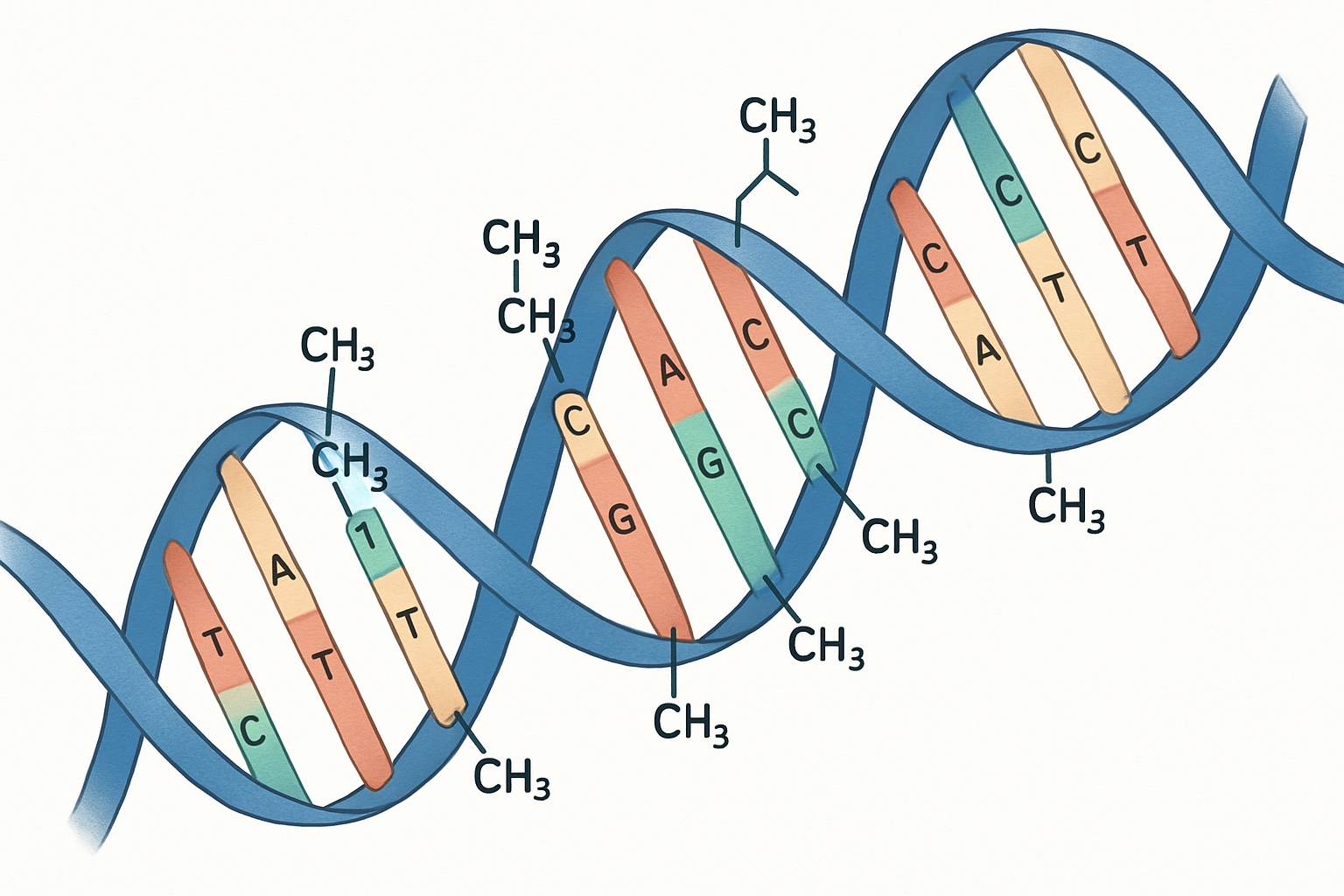Acid phosphatase (ACP) is an enzyme found in various tissues of the human body, including the prostate gland, liver, spleen, and red blood cells. In forensic science, ACP is commonly used as a biochemical marker to detect semen stains in sexual assault cases.
ACP is present in high concentrations in seminal fluid, making it a useful tool for identifying the presence of semen in biological samples. Forensic experts can use ACP tests to confirm the presence of semen on clothing, bedding, or other items collected as evidence in a sexual assault case.
ACP testing can also be used to determine the source of a semen stain. For example, if there are multiple suspects in a sexual assault case, ACP testing can help to identify which suspect was the source of the semen found at the crime scene.
Overall, ACP is an important biochemical marker in forensic science, particularly in cases of sexual assault. Its ability to detect and identify the presence of semen can help to provide valuable evidence in criminal investigations and ensure that justice is served.







